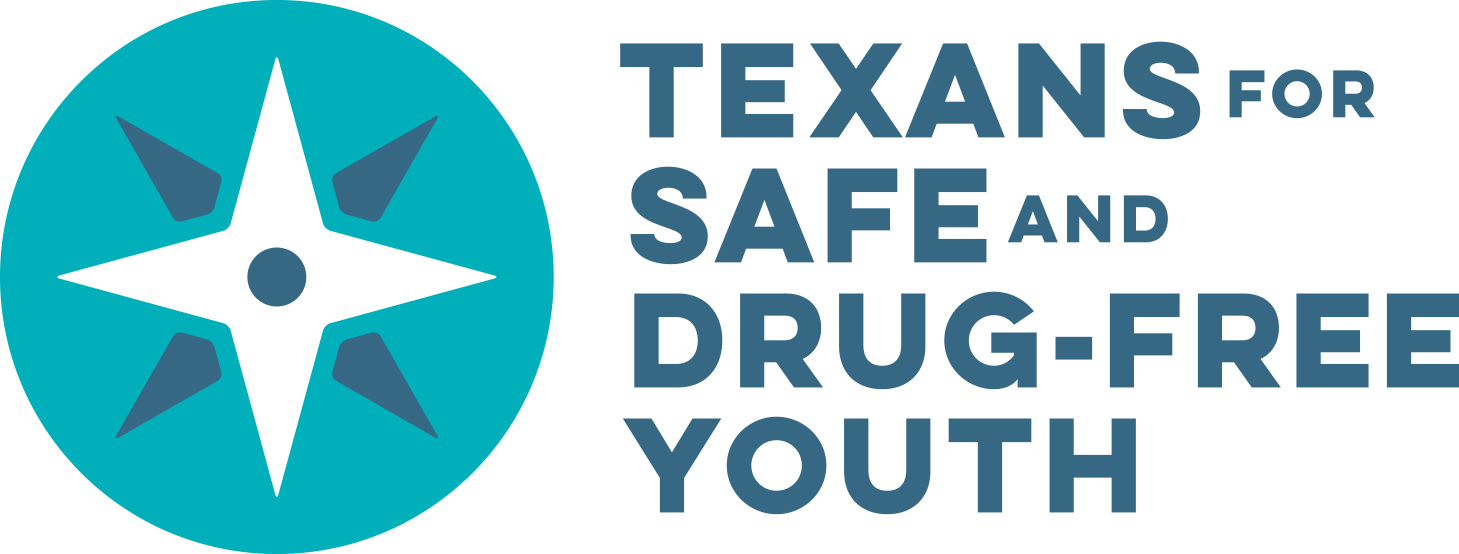College Parents
A Parent's Job is Never Done
Even though your student is headed off to college, you still have “homework” to do when it comes to educating yourself and your college student on the risks of underage and risky drinking. From understanding the consequences of such behavior to learning about what you can do to make sure your child’s campus provides a healthy and safe environment, you have the power to help your college student thrive.
The Facts
Alcohol use on campus can threaten your child’s health, safety, and grades. The first six weeks of college are an especially vulnerable time for students – young people are away from home without supervision, they want to make friends and overcome nervousness, student expectations and social pressures are high, and many new students binge on alcohol.
It’s important to remember that getting drunk isn’t a “rite of passage” that all students go through:
- 57% of college freshmen say they haven’t used alcohol in the past 30 days
- 33% of college freshmen report never using alcohol at all
But,underage and risky drinking are still problems on college campuses.
- 43% of Texas college students say they have used alcohol in the past month
- 60% of Texas college students say they have used alcohol in the past year
- 35% of Texas college students reported binge drinking in the past month
- Females report using alcohol at higher rates than males
Why the Concern?
There are a number of serious consequences associated with underage and risky alcohol use. Alcohol impairs students’ decision-making skills, often in potentially dangerous ways. For example:
- 1 in 5 Texas college students say they drive after drinking
- 22% of Texas college students say they’ve ridden with a driver they knew was drunk
- Students report engaging in unplanned and/or unprotected sex because of alcohol consumption
- Alcohol use contributes to poor class attendance and failing grades – 22% of drinkers say they’ve missed class due to drinking
Alcohol also poses special risks for a young person’s developing brain and body. Learn more about some of those effects here.
What Can You Do?
Talk to Your Student
Start by talking with your student about the risks of alcohol use. Talk about:
- Friends. Discuss ways to make friends on campus without alcohol use.
- Health & Wellness. Have conversations about the harmful effects alcohol has on the brain, body, health, and schoolwork.
- Consequences. Remind your student that young people underestimate the negative effects of drinking, but often overestimate how many of their peers drink.
- Resources. Share information about resources and support programs on their campus.
Let your college student know you care by setting expectations around ways they can keep themselves healthy and safe. And keep the conversations going! Just because your child is away from home doesn’t mean you shouldn’t talk often. Check in with your student regularly and let them know they still have your support.
Talk to Campuses
As a parent, you can also let schools know you care. For example, you can contact the Dean of Students at your child’s college and talk to their office about best practices for preventing alcohol misuse on campus. You can also make sure campuses have strong alcohol policies that protect public health and safety.
Creating and enforcing a strong campus alcohol policy is a critical step in addressing underage and binge drinking among college students. To help you gain a better understanding of campus alcohol policies in Texas, we analyzed the policies of colleges and universities in the state and created an online tool that allows you to explore different schools’ policies and identify areas for strengthening existing policies.

